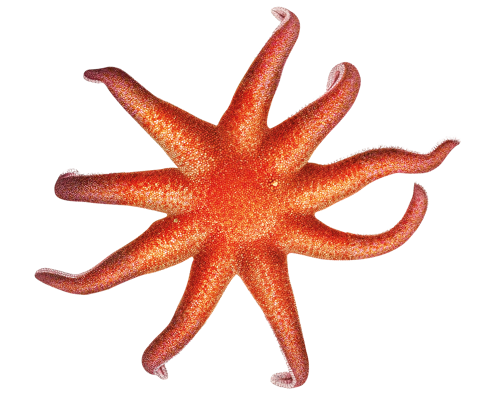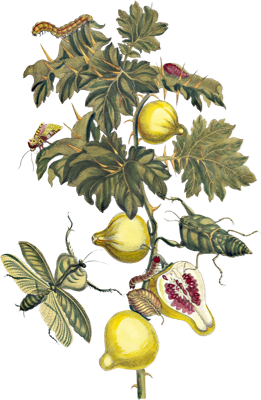Plot

The twelfth expedition into Area X consists of four women: an anthropologist, a surveyor, a psychologist, and a biologist. They are exploring Area X, an area in the southern coast severed off from the rest of the world.
This story is told from the biologist's point of view.
Spoilers
The four women discover something. A large structure of stone steps leads down into the earth multiple stories. The biologist calls it "the Tower" while the others call it the "tunnel." As they explore, they discover words written on the walls in something like lichen or fungi. The words furtively releases spores, which the biologist inhales.
I leaned in closer, like a fool, like someone who had not had months of survival training or ever studied biology. Someone tricked into thinking that words should be read.
I was unlucky—or was I lucky? Triggered by a disturbance in the flow of air, a nodule in the W chose that moment to burst open and a tiny spray of golden spores spewed out. I pulled back, but I thought I had felt something enter my nose, experienced a pinprick of escalation in the smell of rotting honey.
The spores have created what she calls a "brightness" inside the biologist and she learns she is immune to the hypnosis that the psychologist wields against them.
The psychologist says strange things, but they go to bed.
The psychologist's habit of allowing a slim smile to cross her face at inappropriate times made me want to slap her.
In the morning, the anthropologist is gone and the psychologist is injured. The psychologist says that the anthropologist was returning back to the border early. Later, they go back to the tower to explore. The psychologist stands watch as the surveyor and the biologist carefully navigate the stairs.
The biologist discovers that the tower is not made of coquina and stone but is a living entity, something that is breathing. They discover the anthropologist's body and the evidence of the psychologist's presence. "The Crawler" was the creature the biologist decided was writing the words and killed the anthropologist. When they return to the surface, the psychologist is gone.
The first thing I noticed on the staging level before we reached the wider staircase that spiraled down, before we encountered again the words written on the wall ... the tower was breathing. The tower breathed, and the walls when I went to touch them carried the echo of a heartbeat... and they were not made of stone but of living tissue... The tower was a living creature of some sort. We were descending into an organism.
The biologist goes to the lighthouse after seeing a flash of light and discovers a trapdoor at the top that leads to a room full of journals, far too many to be from only 11 previous expeditions. She reads them, and discovers her husband's.
I was looking at a pile of papers with hundreds of journals on top of it—just like the ones we had been issued to record our observations of Area X. Each with a job title written on the front. Each, as it turned out, filled with writing. Many, many more than could possibly have been filed by only twelve expeditions.
Can you really imagine that it was like in those first moments, peering down into that dark space, and seeing that? Perhaps you can. Perhaps you're staring at it right now.
After leaving the lighthouse, the biologist discovers the psychologist, who has thrown herself off from the top. She's dying. The biologist questions her and the psychologist gives little answer, but she does tell that the biologist looked like she was on fire.
"You were a flame, scorching my gaze. A flame drifting across the salt flats, through the ruined village. A slow-burning flame, a will-o'-the-wisp, floating across the marsh and the dunes, floating and floating, like nothing human but something free and floating..."
From the shift of her tone, I recognized that even now she was trying to hypnotize me.
As the biologist is walking back to base camp, she is chased by the moaning creature and sees its face. Its lifeless mask resembles the psychologist of the previous expedition, the one her husband went on.
When the biologist returns to base camp, the surveyor shoots her. Using newly heightened senses from the brightness, she is able to shoot the surveyor in the head.
The pain in my left side seemed at first as if someone kept opening me up with a butcher knife and sewing me back together. But it quickly subsided to a kind of roiling ache, the bullet wounds reduced through some cellular conspiracy to a sensation like the slow squirming inside me of tiny animals.
The biologist descends into the Tower and encounters the Crawler. She endures unimaginable pain as she is excavated by the Crawler in every facet of her existence. But the Crawler does not consume her. She escapes and returns to the lighthouse to finish her journal, the text you're reading. She vows to set out for the island, where her husband may be.
A raging waterfall crashed down on my mind, but the water was comprised of fingers, a hundred fingers, probing and pressing down into the skin of my neck, and then punching up through the bone of the back of my skull and into my brain... and then the pressure eased even though the impression of unlimited force did not let up and for a time, still drowning, an icy calm came over me, and through the calm bled a kind of monumental blue-green light. I smelled a burning inside my own head and there came a moment when I screamed, my skull crushed to dust and reassembled, mote by mote.



